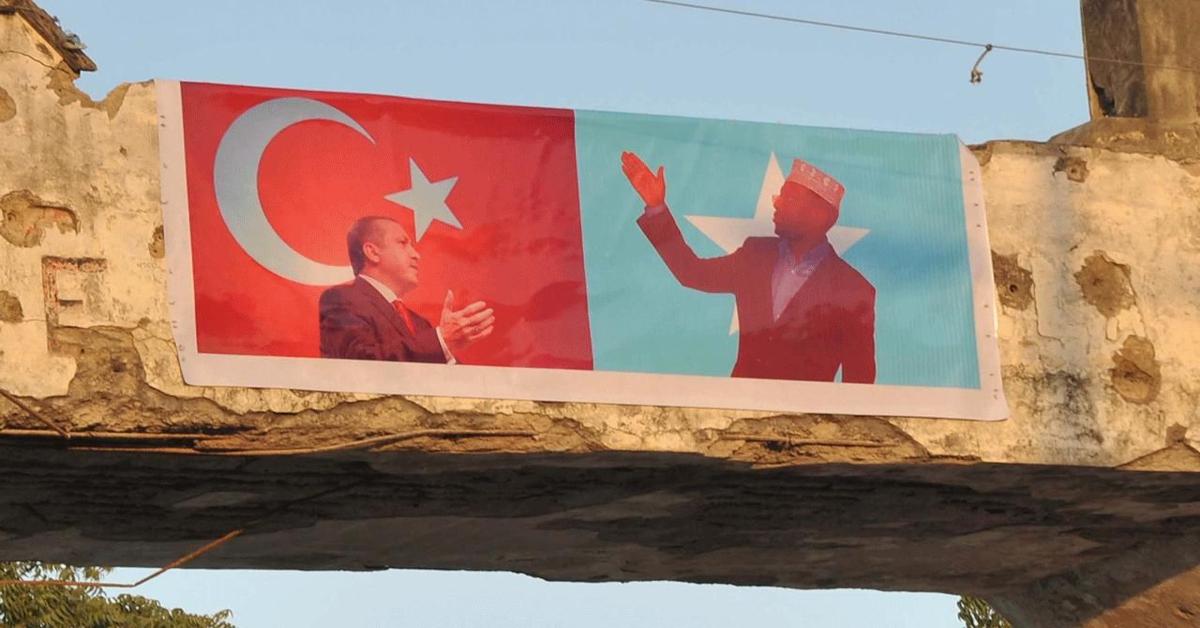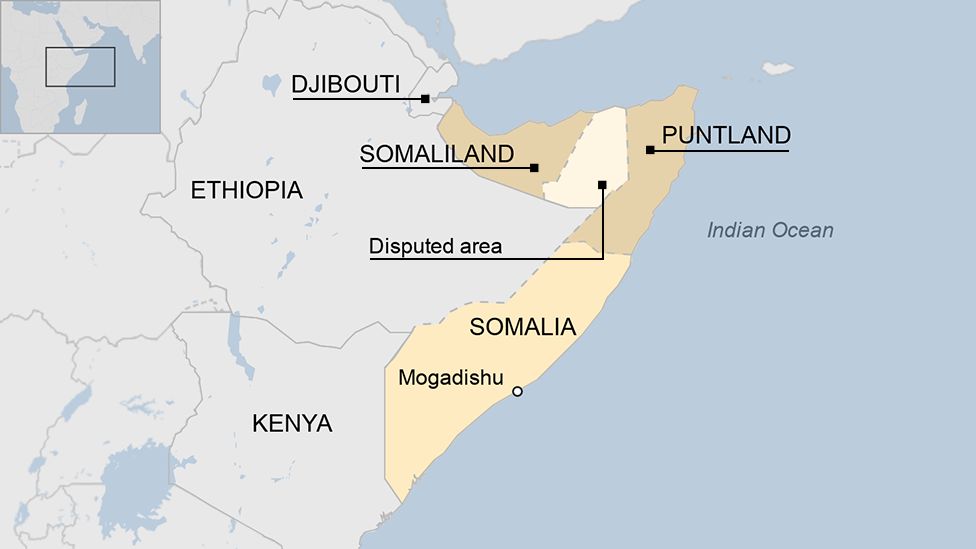
Türkiye and Somalia forge ahead with expanded defense ties, including joint oil and gas exploration, marking a new chapter in their strategic partnership
Türkiye and Somalia have recently announced an expansion of their defense agreement, originally signed on Feb. 8, 2024, to now include collaboration in the maritime sector. This announcement was followed by another significant development on March 8, when the two nations signed a deal to jointly explore oil and gas, further solidifying their cooperation.
The relationship between Türkiye and Somalia has evolved significantly since Türkiye stepped up its engagement in Somalia in 2011. What initially began as a humanitarian partnership has grown into a strategic alliance encompassing economic, infrastructural, and military support.
Türkiye saw an opportunity in Somalia's state of instability and the absence of major international players to increase its influence in Africa. The country aimed to enhance its global visibility, test its capabilities in conflict resolution, expand its market presence in East Africa, and portray itself as a benevolent middle power, emphasizing Islamic solidarity.
Turkish nongovernmental organizations and the Turkish Cooperation and Coordination Agency (TIKA) have actively participated in development and relief efforts across Africa, including Somalia. Additionally, major Turkish brands like Turkish Airlines launched fundraising campaigns to support Somalia.
Türkiye's efforts to reintegrate Somalia into the international community bore fruit in 2014 with the reopening of Mogadishu's port and airport, both managed by Turkish companies. This move contributed to an improvement in Somalia's economic conditions compared to the previous decade.
Taking on a greater role, Türkiye assumed responsibility for training the Somali National Army in collaboration with the European Union, the United States, and other partners. The establishment of a military base in Mogadishu in 2017 further solidified Türkiye's commitment to Somalia's security and development. The base focuses on training the Gorgor Brigades, an elite unit of the Somali army, while also serving as a strategic outpost for Türkiye in the region.
Persistent threats from groups like al-Shabaab prompted Türkiye to increase its military support for Somalia's progress, aiming to safeguard its economic and political investments in the country.
In recent months, Türkiye has sought closer ties with the United States, positioning itself as a reliable ally in Africa to counterbalance the effects of France's reduced presence, including the rising influence of Russia. Türkiye's engagement in Somalia aligns with its efforts in Libya, showcasing its willingness to shoulder security responsibilities that some NATO members, particularly Italy, have been hesitant to undertake.
The maritime defense pact between Türkiye and Somalia, initially discussed between November 2023 and January 2024, focuses on enhancing Somalia's naval capabilities. Türkiye has agreed to provide training, equipment, and assistance in patrolling Somalia's extensive 3,333-kilometer (2071.03-mile) coastline.
Türkiye's defense sector plays a pivotal role in its foreign policy decisions, positioning itself as an exporter of defense products and a provider of specialized training for security forces. African nations, including Somalia, represent key markets for Türkiye's defense industry, offering opportunities to showcase Turkish technology and expertise.
The collaboration between Türkiye and Somalia in 2022, supporting the Gorgor forces against Al-Shabaab, laid the groundwork for the 10-year defense agreement signed in February 2024, which now includes maritime security cooperation.
The recent agreement to explore oil and gas further strengthens the bilateral ties, aiming to promote scientific, technical, and commercial cooperation in developing Somalia's petroleum resources.
Türkiye will oversee the exploration, appraisal, development, and production of petroleum from both onshore and offshore blocks of the Federal Republic of Somalia, with plans for distribution, potential refinery operations, and related service projects.
Most importantly, Türkiye will have full authority in Somalia's Exclusive Economic Zone (EEZ), taking 30% of the revenue from the country's marine resources.

Ethiopia and Somaliland signed a deal at the beginning of 2024. Somaliland has been fighting for independence from Somalia for over 30 years. Ethiopia, a landlocked country, sees Somaliland as a corridor to reach the Red Sea.
This agreement grants Ethiopia a 50-year lease on a section of land along Somaliland's Red Sea coast for both naval and commercial maritime purposes, along with access to the Berbera port. In exchange, Addis Ababa will formally recognize Somaliland's independence from Somalia.
The deal has sparked controversy in the region, drawing opposition from Somalia, Türkiye, the U.S., China, and Egypt, while receiving support from the United Arab Emirates.
While Türkiye maintains strong ties with Somaliland, it also considers Somalia's territorial integrity crucial for regional stability.
The UAE's involvement is significant, as both Türkiye and Somalia have distinct relationships with the Emirates.
Between 2014 and 2020, Türkiye and the UAE were engaged in a heated rivalry in the broader Red Sea area, driven by differing visions for the region's future. Relations between the two began to thaw in 2020. During the 2020-2022 conflict in Tigray, both Türkiye and the UAE supported the Ethiopian government.
However, recent developments, such as the UAE-backed Ethiopia-Somaliland agreement in the Horn of Africa, threaten to reignite tensions between Türkiye and the Emirates.
Source: Newsroom